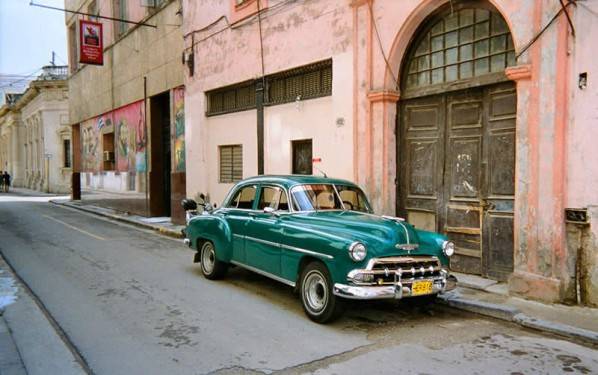Cuba is expected to receive a boom in visitors from the United States after the Obama administration took a series of steps to normalise relations between the two countries.
At present travel is heavily restricted, with direct commercial flights banned, special visas compulsory and visitors required to join strictly controlled groups.
Authorised travel typically takes place via charter flights from Miami, with costs typically exceeding $500 per round trip, while American visitors are also presently barred from bringing back any purchased goods from Cuba, such as cigars.
It also is illegal to contribute to the Cuban economy in any way, such as by paying for a hotel room in the country.
Despite this, nearly 90,000 Americans legally visited Cuba last year, among them journalists, academics, government officials, and those with immediate family members living on the island.
But all this is set to change following an historic announcement earlier from president Barack Obama, hailing a ânew chapterâ in US relations with Cuba and revealing a series moves to normalise diplomatic and economic ties.
Following the deal, the United States is expected to open an embassy in Havana within months, with travel restrictions set to be reduced in the coming weeks.
While details remain patchy, officials in the United States revealed changes will include a ânumber of steps to significantly increase travel, commerce, and the flow of information to and from Cubaâ.
These new measures would allow visitors to be able to purchase â$400 of general goods and up to $100 of alcohol and tobacco products that can include cigarsâ while in Cuba, it was noted.
US-Cuba relations have remained frozen since the early 1960s, when the US broke off diplomatic relations and imposed a trade embargo after the revolution in Cuba led to communism.
The thaw in relations follows the release of US contractor Alan Gross, who has been held prisoner in Cuba for more than five years, and three Cubans held in the US.
It follows more than a year of secret talks in Canada and at the Vatican, directly involving Pope Francis.
However, Senate approval in the United States is required to lift the trade embargo in place with Cuba, which is estimated to have cost the island more than $1 trillion since it was imposed 54 years ago.
In turn, president Castro urged Washington to lift a trade and economic embargo imposed on the communist-run island.

